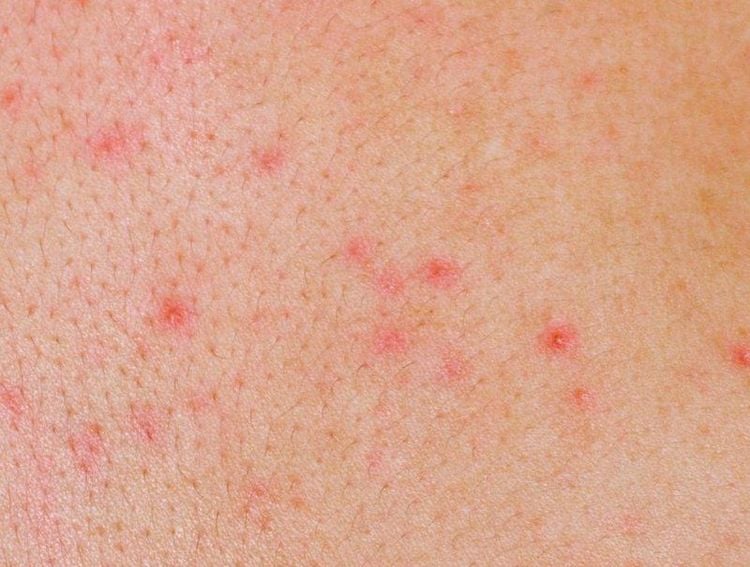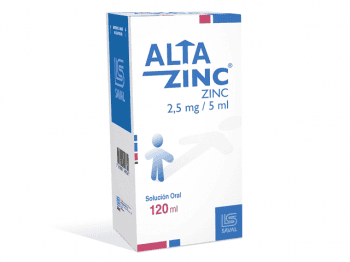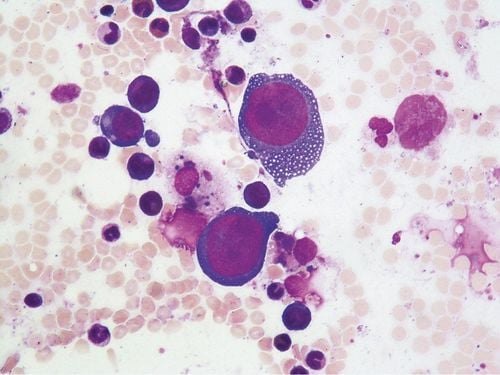This is an automatically translated article.
The article is professionally consulted by Master, Doctor Do Nguyen Thuy Doan Trang - Head of Extracorporeal Circulation Team - Cardiovascular Center - Vinmec Central Park International General Hospital. The doctor is a leading expert in Extracorporeal Circulation in cardiac surgery and cardiac resuscitation, Cardiovascular medical treatment.Rheumatic heart disease is a type of heart disease that causes more serious or serious complications that can lead to death for the patient. However, if the disease is detected and treated early and properly, it can be avoided or cured.
1. Concept of rheumatic heart disease
Rheumatic heart disease can occur at any age, but is most common between the ages of 1 and 15. The incidence in women is about 2 times higher than in men.Not all patients with streptococcal infection lead to rheumatic fever, but only a small number lead to rheumatic fever, the favorable factors leading to rheumatic fever are the patient's location, sanitary condition, inadequate treatment. full.
In the acute phase, rheumatic heart disease can cause acute myocarditis, arrhythmias, etc., which are potentially life-threatening. The most dangerous problem of rheumatic fever is the acute complications and especially the chronic consequences, some patients will leave sequelae in the heart valves causing rheumatic heart disease.
2. Symptoms of rheumatic heart disease
When a patient has rheumatic heart disease, the following symptoms often appear:Pain or swelling in the joints, usually with large joints such as the knee and have a movable nature. Joint pain usually improves after a few days to a week or with aspirin and other pain relievers and leaves no sequelae in the joints. Chest pain, shortness of breath, irregular heartbeat sometimes too fast or sometimes too slow. The appearance of an erythematous ring on the skin, especially around the joints, is called "erythema ring" or the rash that develops under the skin is called a "nodular rash".

3. Can rheumatic heart disease be cured?
When children with this disease need to be treated by a cardiologist at the hospital, depending on the severity of the disease, there are different treatment methods. However, the common feature of all treatment methods is that they focus on anti-infective, anti-inflammatory and treatment of complications of the disease.Anti-inflammatory: For children with rheumatic heart disease, the doctor may prescribe treatment with antibiotic Penicillin G intramuscularly, continuously for 10 days. Oral penicillin V (Ospen) has a similar effect in the treatment of rheumatic heart disease. In case the child has allergies, the doctor will prescribe Erythromycin Anti-inflammatory with steroid anti-inflammatory drugs (Prednisolone) and non-Steroids (Aspirin, Alaxan,). Rheumatic heart disease is a dangerous disease due to complications occurring to the patient. Therefore, when treating children with disease, doctors will often prescribe drugs to treat complications of the disease.
4. Ways to prevent and take care of children
Some ways to prevent rheumatic heart disease, such as using penicillin antibiotic therapy to prevent patients who have had rheumatic diseases or rheumatic heart disease.
Until now, there is no vaccine to treat streptococcus in medicine, so it is necessary to diagnose and treat promptly to detect streptococcal infections to avoid consequences leading to rheumatic heart disease in children.
For children who have had rheumatic heart disease and have sequelae of stenosis of the heart valve, they must keep their teeth clean, brush their teeth after each meal to prevent tooth infections that can lead to blood and endocardial infections. When you have to have a tooth extraction or surgery, you need to tell your doctor about your history of heart disease in advance so that you can be given prophylactic antibiotics.
Children with this disease must be monitored and treated by a cardiologist at a hospital or medical facility. Children should be given absolute bed rest for at least 2 weeks during the treatment period. . Some severe cases require a long convalescence regime of about 6 weeks to 3 months.
If the child has edema or heart failure, must develop a separate diet and eat light: do not add salt to food, if any, only very little, do not let sick children eat fish sauce or soy sauce and should limit the amount of fluid according to Cardiologist guidelines.
In addition, parents must have their child re-examined every 4 weeks for 3 or 6 months depending on the doctor's instructions, absolutely should not forget to give the child medicine or forget to go to the doctor's office to avoid the disease from recurring and getting worse. much.
When the child has unusual symptoms such as fever, joint pain, swelling, fatigue, shortness of breath, edema, and less urine, the child should be taken to the hospital for re-examination for timely examination and treatment.
Please dial HOTLINE for more information or register for an appointment HERE. Download MyVinmec app to make appointments faster and to manage your bookings easily.














